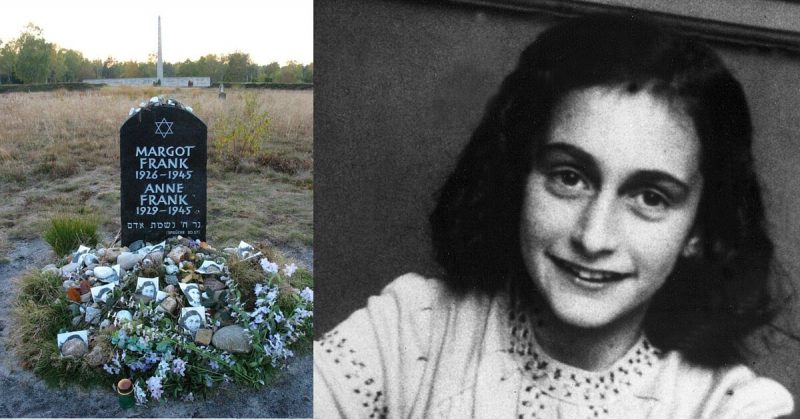The Diary of Anne Frank has been translated into over 70 languages around the world and is one of the most well known and much-loved books of all time. The book has been adapted into plays, films, TV miniseries and even Japanese anime. Anne’s diary has inspired all who have read it, from world leaders and Holocaust survivors to children and families the world over.
Anne’s story is taught in schools, with her viewpoint reminding pupils that the dreadful atrocities that occurred in WWII happened to children just like them. Anne’s precociousness and courage shone through in her writing and she expressed how much writing meant to her as a means of lifting her spirits. “I can shake off everything if I write,” she wrote, “my sorrows disappear, my courage is reborn.” Her attitude was mainly positive and she refused to give up on her notion that “people are really good at heart.”
She did, however, vent her despair and frustrations as well, when she wrote: “I don’t believe that the war is simply the work of politicians and capitalists. Oh, no, the common man is every bit as guilty; otherwise, people and nations would have rebelled long ago! There’s a destructive urge in people, the urge to rage, murder, and kill. And until all of humanity, without exception, undergoes a metamorphosis, wars will continue to be waged, and everything that has been carefully built up, cultivated, and grown will be cut down and destroyed, only to start all over again!”
According to Holocaust survivor, the late Simon Wiesenthal, people identified with Anne’s story because the diary was written by an ordinary child. He said, “This was a family like my family, like your family, and so you could understand this.” Wiesenthal was also responsible for finding the officer who arrested Anne.
Wiesenthal believed that because people identified with Anne, her story brought the horrors of the WWII Holocaust to life and had a more significant effect on the public than the Nuremberg trials of war criminals ever did. Anne was a real child writing with an innocence and conviction that an adult would be unable to convey without revealing their cynicism and world-weariness.
Anne was only fifteen when she died of an illness in the concentration camp that she was taken to following her arrest. When the book The Diary of Anne Frank was released, and in the years that followed, this otherwise forgotten child of the Holocaust became one the most famous and influential Jews of all time. In 1999 Time magazine referred to her as one of “the most important people of the century.”
